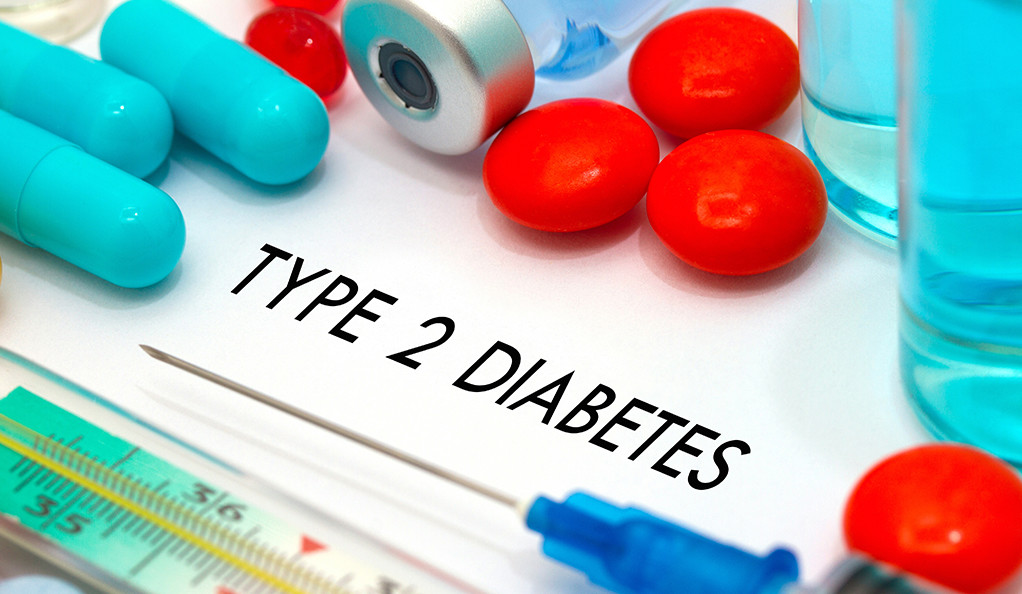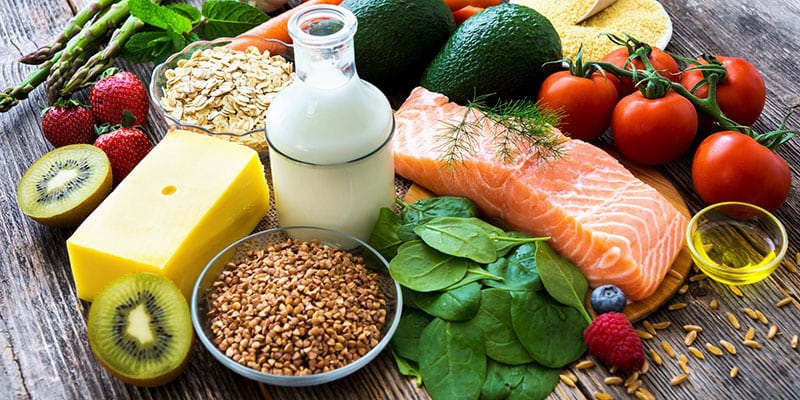The attack of different diseases is prevalent with the advancement of modern lifestyle. Type 2 diabetes is a complicated and chronic medical condition that keeps the body from using the insulin the way it should. The hormone insulin assists to move the glucose from running your blood into your cells where it is used for building energy.
People suffering from the disease are found to have insulin resistance. In this disease, the body is cannot respond to insulin as it should. Unrestrained type 2 diabetes takes you to have chronic high blood glucose levels, that are responsible for serious health complications. Carry on reading the subsequent passages.
Symptoms Associated With Type 2 Diabetes
As your body cannot effectively use insulin to carry glucose into the cells, the body uses alternative energy sources in muscles, tissues, organs. So, this chain reaction causes many symptoms. These develop slowly and can be easy to ignore at first. Those symptoms include:
- Tiredness
- Excessive hunger
- Lack of energy
- Extreme thirst
- Urination frequently
- Dry mouth
- Irritated skin
- Blurry vision
- Peeing a lot
- Numbness in hands and feet
- Being cranky
When the disease worsens, the symptoms are more severe and hazardous. While blood glucose levels are high for a long time, the symptoms are:
- Wounds take more time to recover
- Yeast infections
- Dark patches on the skin
- Foot pain
Be aware if suffering from such symptoms. Consult a doctor as diabetes can be life-threatening.
What causes type 2 Diabetes?
After knowing what is type 2 diabetes and why it causes? Know the reasons in the continuing segment.
-
Inactivity of proper use of glucose
Pancreas makes insulin that turns glucose, a type of sugar from the food you have. But people suffering from the disease cannot use it. Initially pancreas produces more insulin to get more glucose into cells. Eventually it cannot use glucose in your blood.
-
Genes and family history
Scientific studies have shown that different bits of DNA affect the way of making insulin. So, genetic predisposition develops type 2 diabetes. If your parent or sibling has diabetes, you are likely to develop blood sugar.
-
Metabolic syndrome
Patients who are suffering from insulin resistance complain a group of conditions such as excess fat in the waist, high cholesterol, triglycerides, high blood sugar etc.
-
Extra weight
If people are overweight or obese are prone to suffer from insulin resistance. And it is especially when you are having extra pounds in your middle.
-
Poor communication between cells
At times cells deliver wrong signals or do not receive message accurately. If these problems affect how your cells make, use the glucose or insulin, a chain reaction leads to diabetes.
-
Broken beta cell
When the cells that make insulin send the wrong information at the wrong time, your blood sugar gets thrown off. The high level of blood sugar can damage the cells too.
-
Excessive glucose from your liver
When the sugar level is low, liver makes and sends glucose. After you have food, blood sugar increases. Your liver gradually slows down and stores up glucose for later. But some people’s liver cannot function properly. They keep cranking out sugar.
-
Gestational diabetes
Pregnant women can develop gestational diabetes. Hormones develop in placenta that often interfere with insulin response of the body. It leads to insulin resistance and high level of glucose. Such women are at high risk at developing type 2 diabetes later in life.
-
Age and poor diet
The risk of developing type 2 diabetes becomes higher with growing age. It is also increasing among children, adolescents, younger adults. Reduced exercise, weight gain are also related to growing age. Poor nutrition also contributes to type 2 diabetes. A diet rich in calories, cholesterol, fat aggravates your resistance to insulin.
Treatment and medication for type 2 diabetes
- Your physician will guide you how to check your blood sugar level. The tips are:
- Eat at regular intervals and eat meals, snacks.
- Select the foods that have high nutrients and low calories. Also eat vegetables, whole grains that keep your blood sugar under control and steady.
- Manage half an hour for aerobic activity regular to keep your heart healthy and check your heart health.
- Avoid being overweight and keep your heart healthy
With following guidelines, doctors will also prescribed medications for controlling this condition.
- Metformin is a preferred treatment for most people suffering from diabetes.
- Thiazolidinediones is a medicine that makes your body more prone to insulin.
- Sulfonylureas is an oral medication that aids your body to produce more insulin.
- Sodium-glucose cotransporter-2 (SGLT2) inhibitors prevent the kidneys from reabsorbing glucose into blood and then to the urine.
- Glucagon-like peptide-1 (GLP-1) receptor agonists minimize digestion and enhance blood glucose levels.
So, follow a better diet and healthy lifestyle to combat the problem of high blood sugar. Also incorporate less carbohydrates, fat in your diet and indulge in carbs, fiber. Thus, you can control your sugar problem and feel healthy.





